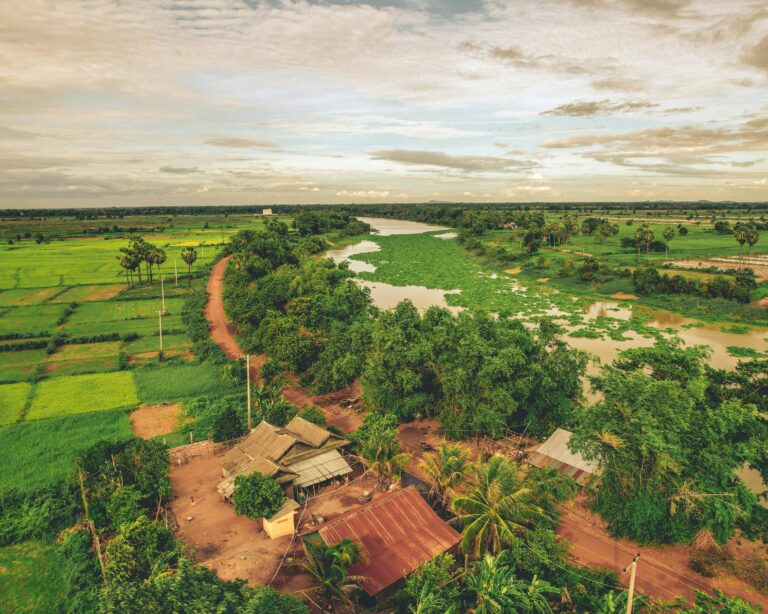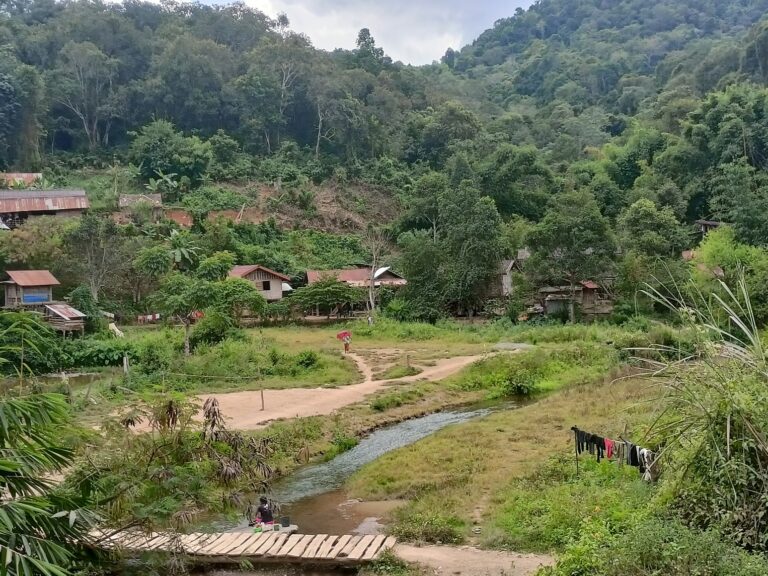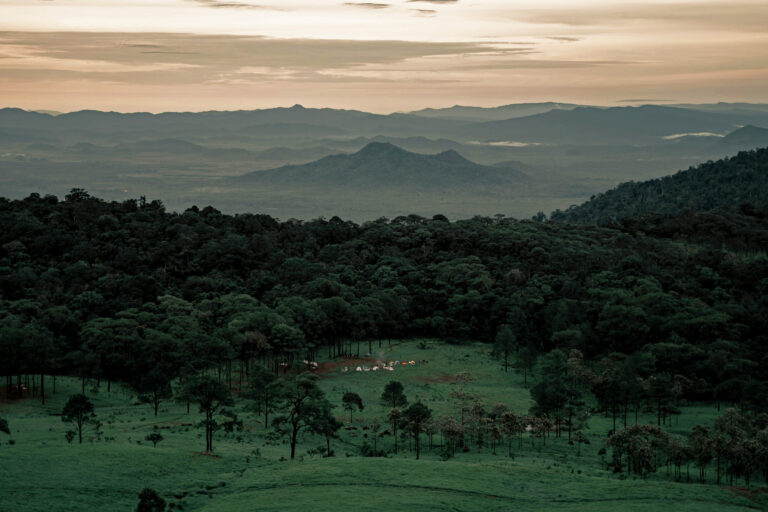Project Description
Cox’s Bazar, one of Bangladesh’s most climate-vulnerable districts, faced mounting pressures due to its exposure to natural hazards and the presence of one of the world’s largest refugee populations. The rapid and sustained influx of Rohingya refugees strained local livelihoods, services, and ecosystems. To alleviate this pressure, the Government of Bangladesh facilitated the voluntary relocation of approximately 32,000 refugees to Bhasan Char Island beginning in 2021. However, Bhasan Char, due to its coastal and island characteristics, also remained highly susceptible to extreme weather events and long-term climate change impacts, mirroring the vulnerabilities of Cox’s Bazar.
Objectives, Activities, and Results
The project aimed to improve risk-informed planning and humanitarian investments by assessing hazard exposure across Cox’s Bazar and Bhasan Char. Phase 1 mapped the exposure of populations, infrastructure, and critical assets in Cox’s Bazar to climate-related hazards—cyclones, floods, landslides, and storm surges—providing a clearer understanding of risks for resilient development and emergency preparedness. Phase 2 updated these assessments using the latest data and expanded the risk analysis to include Bhasan Char. Together, these phases informed risk reduction strategies and supported the integration of climate resilience into planning for both host and refugee communities.



